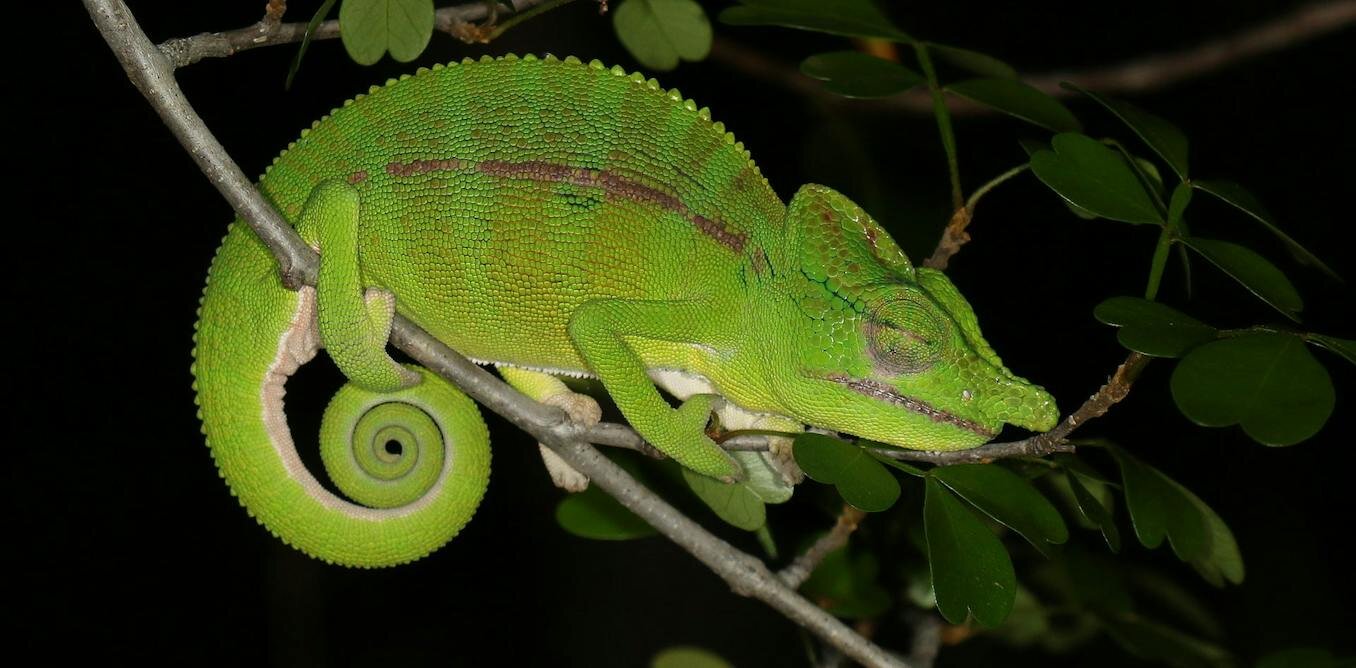Lost species are those that have not been observed in the wild for over 10 years, despite searches to find them. Lost tetrapod species (four-limbed vertebrate animals including amphibians, birds, mammals and reptiles) are a global phenomenon—there are more than 800 of them, and they are broadly distributed worldwide.
Our research, published today in the journal Global Change Biology, attempts to pin down why certain tetrapod species are rediscovered but others not. It also reveals that the number of lost tetrapod species is increasing decade-on-decade. This means that despite many searches, we are losing tetrapod species at a faster rate than we are rediscovering them. In particular, rates of rediscovery for lost amphibian, bird and mammal species have slowed in recent years, while rates of loss for reptile species have increased.


